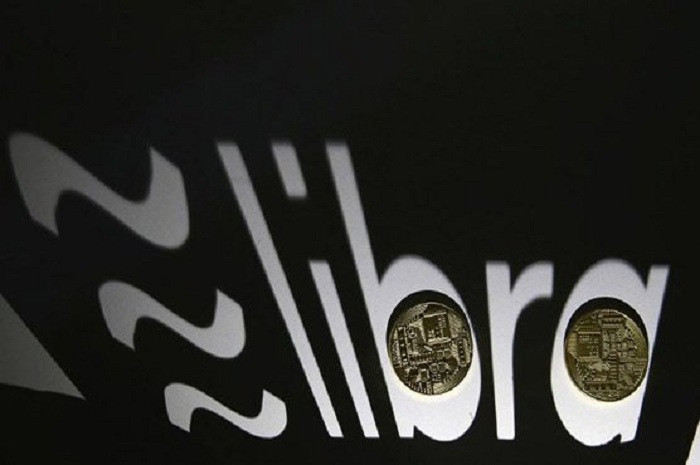Benoit Coeure, a board member of the European Central Bank (ECB) and chair of the G7 task force on digital currency, adding to warnings from authorities almost everywhere else, told bank officials around the world that virtual currencies are very much untested and needs a strict regulatory approach.
Facebook's proposed Libra, announced in June, is the much-talked about digital currency differently classified as a stablecoin because it has the financial backing of money deposits and short-term government securities which can include gold.
The social media's latest project of including cryptocurrencies into the banking and corporate world is only a means as it grows to include e-commerce.
Digital currencies is a decade old and never attracted attention from politicians and regulators because of its tiny size until Facebook's Libra.
The digital currency is led by Bitcoin and it remains unregulated.
Because of this, users enjoy near-anonymity that many people associate uses of this type of currency in hacks, heists and mostly illicit activities.
With cryptocurrencies' volatility, stablecoins came about backed up by established and predictable assets overcoming cryptocurrencies' impracticality for commerce and payments.
Still, critics and authorities around the world are concerned about the destabilizing effect of Libra on the global financial system which includes the possibility that it can be used for money laundering.
Coeure, who chairs the Committee on Payments and Market Infrastructures, said during the event at the Bank of International Settlements (BIS) held in Basel, that when it comes to running "a global payment system, stablecoins are largely untested giving rise to serious risks" with regards to public policy priorities."
The BIS event is where the Group of Seven task force on stablecoins, made up of Canada, France, Germany, Italy, Japan, UK and USA met to talk about regulatory issues on cryptocurrencies.
As early as July, the Group of Seven advanced economies said they would not let Libra go ahead until all regulatory issues have been looked into.
The G7 taskforce also said that a long discussion about the project is needed.
Likewise, during a meeting of euro zone finance ministers, France and Germany's finance ministers said that cryptocurrencies like Libra is risky not only to consumers and financial stability but also to monetary sovereignty.
Still, a presentation at the BIS of Libra was given by the Geneva-based Libra Association and Calibra, the unit which will provide the digital wallet.
A Libra spokesman commented that the BIS event was "constructive" adding that they are committed to working with central banks and regulators for a low-cost and stable payment system.
He added that "policymakers must carefully consider" how this technology's applications "fit into their financial system policies."
The Facebook top executive on the Libra project, David Marcus, responded on social media after Coeure's comments went out that Libra is not a threat to the power of states over their monetary policy.
Marcus also added that Libra is a payment network running "on top of existing currencies" and "as such, there's no new money creation."






